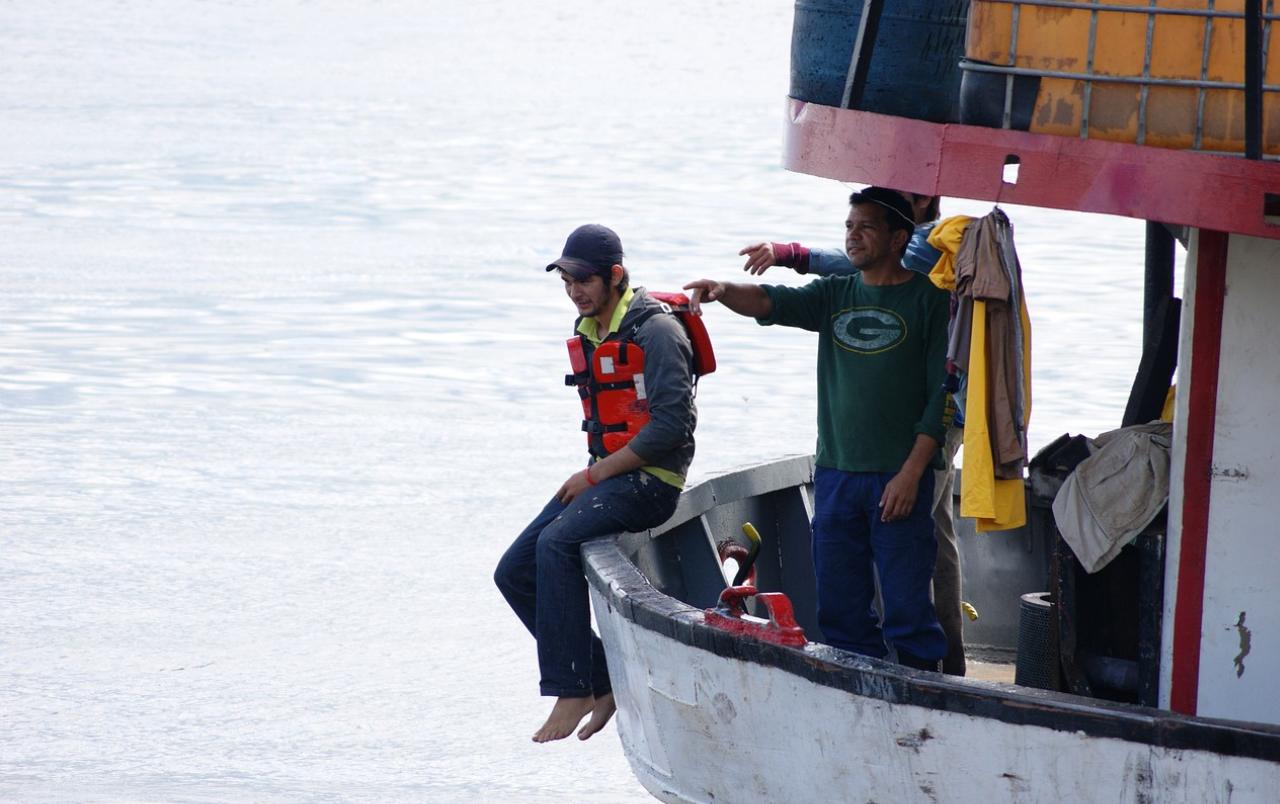Migration has long been a growth catalyst for countries, providing significant progress for society and the economy. However, the COVID-19 pandemic and the measures taken in response made the vulnerability of migrant workers visible all around the globe.
In 2021, at least one in five people living in Paraguay were migrants, of which 80% were internal migrants. We define internal migration as the movement of people from one location to another within a country’s borders. International migration refers to the change of residence from one country to another.
In our study, we wanted to examine the situation of migrant workers in Paraguay since the onset of the pandemic. We also tried to identify inequalities that migrants face in the country.
Policy responses to the pandemic and the effects of the global health crisis have hindered the progress of the Sustainable Development Goal (SDG) targets. We considered that SDG 8 (decent work and economic growth) and SDG 10 (reducing inequalities to facilitate migration) were in line with our study subject. Specifically related to this study, SDG target 8.8 mentions including migrant workers in safe and secure working environments. And SDG target 10.7 promotes orderly, safe, regular, and responsible migration through planned and well-managed migration policies.
Situation of Migrant Workers
To start our study, we delved into the labour market and migration statistics with publicly available data from the National Institute of Statistics of Paraguay.
We noted that 2020 was the most challenging year for migrants in Paraguay’s labour market. Due to the COVID-19 pandemic, there was a decrease in the occupied population and an increase in the unemployed population from 2019 to 2020. However, the labour market trend for migrants followed the same pattern as the total labour market of Paraguay, which includes national citizens.
A critical labour indicator is the informality rate. Reviewing this indicator is vital since employees who work under informal conditions are not recognized or protected under the legal and regulatory frameworks. Therefore, they do not receive benefits established by law, such as social security, and they do not contribute to a pension plan.
We found that the informality rate is very similar between migrants and non-migrants, in the 62–64% range. It represents a high amount of work performed under informal conditions.
Talking to Migrants
To better understand their situation, we conducted 12 semi-structured interviews with migrants: six were internal migrants, and six were international migrants.
· Economic effects of COVID-19 measures
For both internal and international migrants, the strict quarantine established by the Paraguayan Government affected most of the workers. Due to sanitary measures, migrants had to work half the time or stop altogether.
Migrants said they felt financial repercussions, especially as medical expenses increased while wages decreased. One migrant stated that “the cost of living was much higher [as] all prices went up, [including] fuel.”
The pandemic forced them to reinvent themselves to generate income and cover expenses. Some migrants produced and sold facemasks, while others started small businesses using digital sales channels.
· Pandemic Support from the Government
Government measures assisted the population during the pandemic through the subsidy Pytyvõ. Pytyvõ means help in Guarani Language, one of Paraguay’s official languages, along with Spanish.
Regarding access to vaccinations, international migrants reported diverse experiences but said they did not face discrimination for being foreigners.
· Public policy suggestions
Both internal and international migrants reported that the Paraguayan government must improve health and education. They mentioned “more opportunities to study,” “more support for those who come from the countryside,” and “social security”.
International migrants mentioned that bureaucracy made it excessively difficult to receive residence documents, and in some cases, the process took up to three years.
Achieving SDG 8 on decent work in Paraguay remains challenging due to high labour informality rates. This situation is similar for both migrants and the national population.
Based on our findings, we recommend the government to:
Reduce labour informality. Access to tax and social security registration should be simplified and quicker to increase formalization in the workforce. Also, personnel should be trained on good practices for the proper accountant registration and management of the business.
Facilitate access to documentation for international migrants. We advise creating digital channels to request appointments with migration authorities and to follow the process for the residency card (including digital payment of fees).
These steps would make the life of migrants easier and integrate them faster into Paraguayan society.
About the SVSS initiative
This article is part of Southern Voice’s “State of the SDGs” initiative. It provides evidence-based analysis and recommendations to improve the delivery of Sustainable Development Goals (SDGs). As a collaborative program, it compiles a broad range of perspectives usually missing from international debates. The report aims to fill an existing knowledge gap, enriching the SDG discussions and levelling the playing field with new voices from the Global South.
Text editor: Gabriela Keseberg Dávalos


